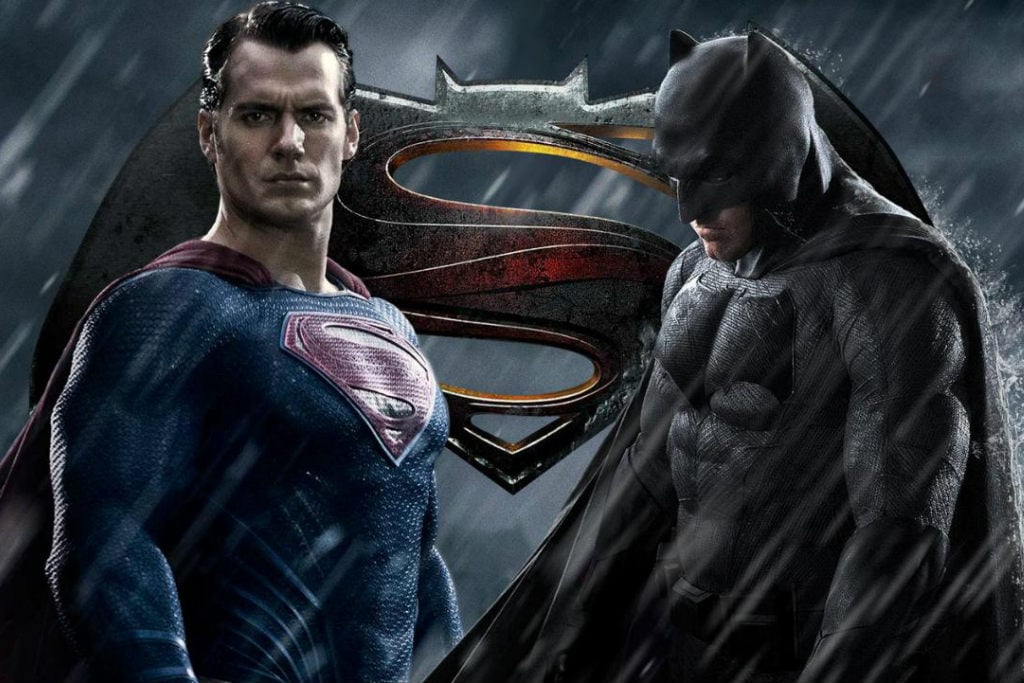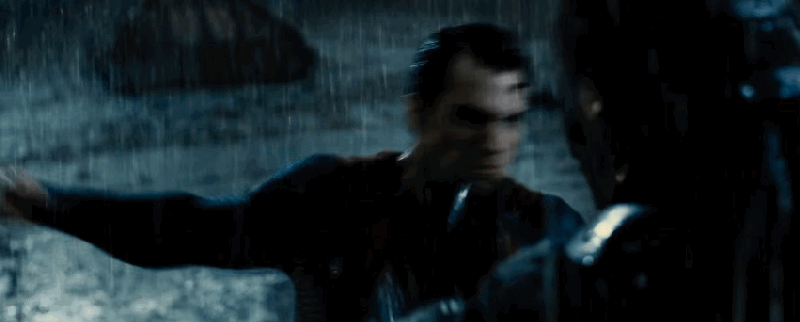Are Cinematic Universes The New Scourge Of Modern Moviemaking?
Marvel, DC, Lucasfilm, Universal. Is this the future of movies?

Once upon a time, Hollywood’s obsession with sequels seemed to threaten the originality of cinema. Many feared cinemagoers would be engulfed by a vacuous and creatively void film industry.
Those fears didn’t fully eventuate, but sequels and franchises have become the popular butt of jokes. Harry Potter, The Hunger Games, Twilight — the obvious money-grubbing motives behind the endless sequels, prequels, reboots and two-parter finales have become legendary.
But the continual rise of the comic-book hero film poses a new threat: no longer content with sequels or franchises, nowadays studios are building entire cinematic universes.
–
The Rise Of The Cinematic Universe
When Marvel CEO Kevin Fiege introduces his studio’s upcoming films, he does so in ‘phases’, which makes the whole thing sound like some ominous attempt at world domination. Which, in a sense, it is – Marvel films already account for three of the top ten highest-grossing films of all time, why not shoot for more?
Marvel have wasted no time slotting Spiderman into the Avengers mix after striking a deal with Sony (who’ve held the rights to Marvel’s most popular character since 1999), the internet almost breaking after Spidey appeared in the most recent Captain America: Civil War trailer.
Not satisfied with already owning Marvel Studios, Disney acquired Lucasfilm in 2012 and have wasted no time in the quest to wring the Star Wars universe dry; The Force Awakens, the third-highest grossing film of all time, is only the first of a new trilogy.
But sequels are obviously too linear for Disney, so no less than three spin-offs have been announced, including the upcoming Rogue One and two other unnamed projects that look set to be origin stories for Han Solo and possibly Boba Fett.
Disney Chairman Bob Iger told Newsbeat recently that after the Star Wars films already in the pipeline are released, “there will be more after that. I don’t know how many, I don’t know how often.”
And in regards to Disney’s Marvel Universe: “you’re dealing with thousands and thousands of characters – that will go on forever” — comments that seem to reflect an attitude of ‘we’ll make as much money from these properties for as long as we possibly can’.
Not be outdone, DC Entertainment (a division of Warner Bros.) recently realised they were sitting on cinematic universe goldmine. Now, with Superman rebooted (again), Batman v Superman:Dawn of Justice out now, a Wonder Woman stand-alone film on the horizon — as well as a Justice League and yet another stand-alone Batman film under discussion (Batman will cameo in the upcoming Suicide Squad movie too) — it’s clear DC are attempting some serious catch-up.

As if that weren’t enough, Universal Pictures is launching its own cinematic universe, reviving their back catalogue of classic monster properties like Dracula, The Wolf-Man, Frankenstein, Van Helsing – with the whole thing kicking off with a reboot of The Mummy (yes, like the Brendan Fraser movies) which is set to star Mr Scientology himself, Tom Cruise.
So at least we’ll have some choice as to which cinematic universe we can visit when we go to the movies.
–
Why Worry?
The actual impacts of cinematic universes on the film industry and any sort of collective creativity are hard to quantify. Just like sequels and franchises didn’t lead to the death of original filmmaking, it’s unlikely cinematic universes will either. The quality of many of the Marvel and potentially Star Wars films are a far cry from laughable sequels and prequels like Batman & Robin or George Lucas’ Star Wars prequels.
Cinematic universes are exciting in a way, but with all the crossovers and post-credit scenes, the pressure is on the viewer to see all films within a given universe, as not to miss out on any story threads. It’s clever marketing, and one might imagine for writers and some viewers kind of fun, but it’s also a bit insidious. Young, relatively green directors are finding themselves elevated from indie filmmaker status to helming $100 million dollar plus films – going from directing inventive, often self-scripted low budget films to massive studio blockbusters, and potentially stifling what made them good in the first place.
Colin Trevorrow (Safety Not Guaranteed) will come off the back of Jurassic World to direct Star Wars Episode IX, whilst Rian Johnson (Brick, Looper) is slated in for Episode XIII. Joss Whedon (Buffy the Vampire Slayer, Firefly) did the seemingly impossible and successfully brought together a horde of Marvel heroes for The Avengers, even though he’s on record as finding the process exhausting and creatively draining. Kiwi director Taika Waititi (Boy, What We Do in the Shadows) recently managed to land the gig of directing the next Thor movie, and who knows who’ll be poached next?
[meida_embed]https://youtu.be/3cVzHeJ0Z3I[/media_embed]
The downside of having these great directors involved is they need to temper their individual styles to make films that fit the tone of those films within the canon, so there’s less chance to put any individual stamps on their work. Anyone who enjoyed Colin Trevorrow’s offbeat comedy Safety Not Guaranteed or Rian Johnson’s incredible Brick may well worry what the Star Wars Universe will do to their individual styles. And how well will the Kiwi comedy of Taika Waititi translate into the Marvel Universe? Will we be able to look back at their cinematic universe films and find anything identifying the film as theirs?
–
Making Good Movies In A Restrictive Universe
Having said that, the directors of films like Guardians of the Galaxy (James Gunn), and Deadpool (Tim Miller) can and have had fun with their projects, because the characters they explore are outliers within their respective cinematic universes. Both films have done extremely well at the box-office — extraordinarily, Deadpool has done well despite being rated R in the U.S and MA+ in Australia. So within these cinematic universes, there is still some wriggle room for difference when it comes to movies that are edgier than the pillar films.
But Marvel and Universal learning that they can still make a truckload of money from R-rated films and left-of-centre material inspires not hope but fear that there are now more directions in which their all-consuming universes can expand. Which may sound melodramatic, but even if audiences don’t necessarily want to see these films, considering the number of screens they are released on, and the frequency with which they’re released, we’re fast being left with less and less choice.
Cinematic universes won’t necessarily spell the end of cinema; original filmmaking will undoubtedly live on because dishing out the same safe films cannot possibly satisfy filmgoers indefinitely. But still, there’s no end in sight for cinematic universe films, be they from Marvel, DC, or Lucasfilm. Without a doubt they’ll continue to dominate the release calendar, and pilfer even larger portions of the world’s box-office takings. For the time being at least.
–
Garry Westmore is a Melbourne-based educator, freelancer and former film and arts editor of Spook. You can find him on Twitter @GarryWestmore